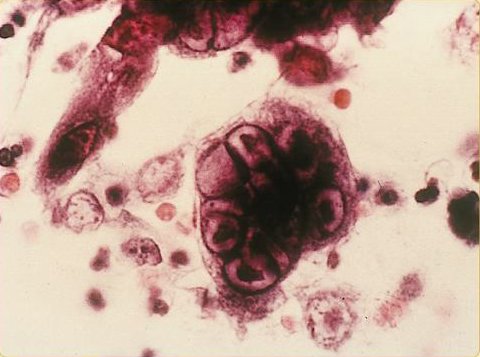Chlamydia is a common sexually transmitted infection (sti) caused by the bacterium Chlamydia trachomatis. It can lead to various complications if left untreated. Here are effective strategies and medications for treating chlamydia:

1. Antibiotic Treatment:
- Chlamydia is typically treated with antibiotics. The most common antibiotics used include:
- Azithromycin: Often given as a single, oral dose.
- Doxycycline: Taken as a longer course of treatment, usually over the course of a week.
- It’s important to follow your healthcare provider’s recommendations regarding the type and duration of antibiotics.
2. Complete the Course:
- Finish the entire course of antibiotics, even if your symptoms improve before you’ve completed the treatment. This is crucial to ensure that the infection is fully cleared.
3. Re-Testing:
- After completing treatment, you may need to undergo follow-up testing to confirm that the infection has been successfully cleared. This is particularly important for women to ensure the infection hasn’t caused complications such as pelvic inflammatory disease (PID).
4. Abstain from Sexual Activity:
- It’s important to abstain from sexual activity, including vaginal, anal, and oral sex, while being treated for chlamydia and until both you and your partner(s) have completed treatment and received negative test results.
5. Partner Notification and Treatment:
- Inform your sexual partner(s) if you’ve been diagnosed with chlamydia, so they can be tested and treated as well. This helps prevent reinfection.
6. Safe Sex Practices:
- Use latex or polyurethane condoms correctly and consistently during sexual intercourse to reduce the risk of chlamydia and other sexually transmitted infections.
7. Regular Testing:
- Get tested for chlamydia regularly, especially if you have multiple sexual partners or engage in unprotected sex.
8. Education:
- Educate yourself and your sexual partners about STIs and safe sex practices. Knowledge and communication are essential for prevention.
Prompt and effective treatment of chlamydia is crucial to prevent complications and reduce the risk of transmission to others. Untreated chlamydia can lead to serious health problems, including pelvic inflammatory disease (PID), infertility, and increased susceptibility to acquiring or transmitting other STIs, including HIV. If you suspect you have chlamydia or have been exposed to it, seek medical attention for testing and treatment. Remember that only a healthcare provider can prescribe antibiotics for chlamydia, and self-medication is not recommended.










